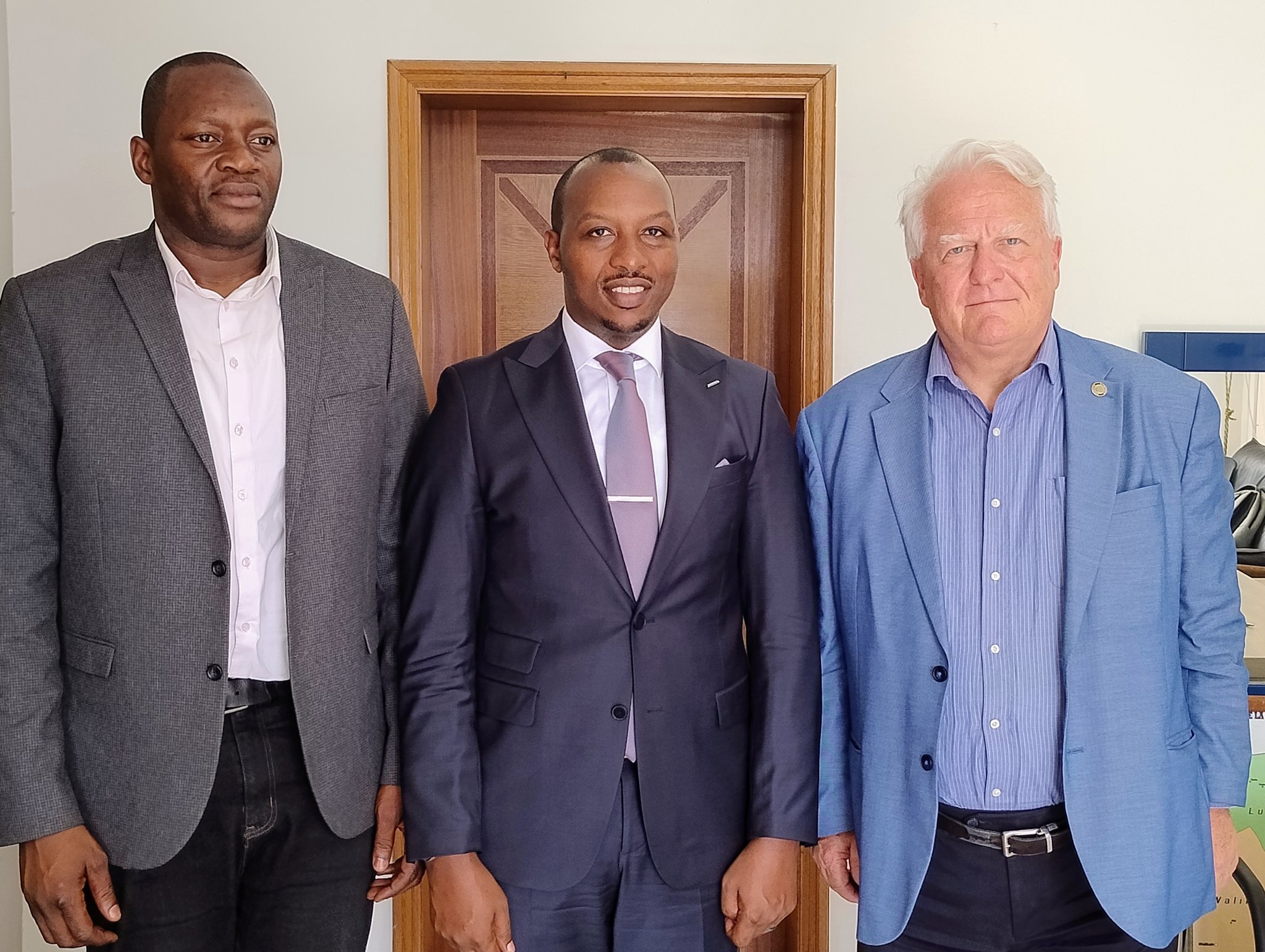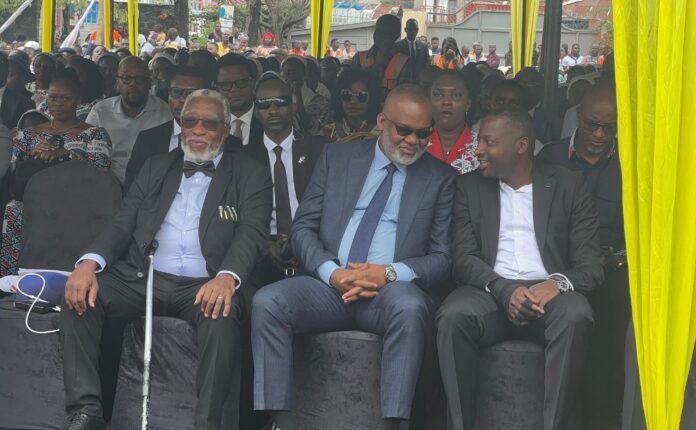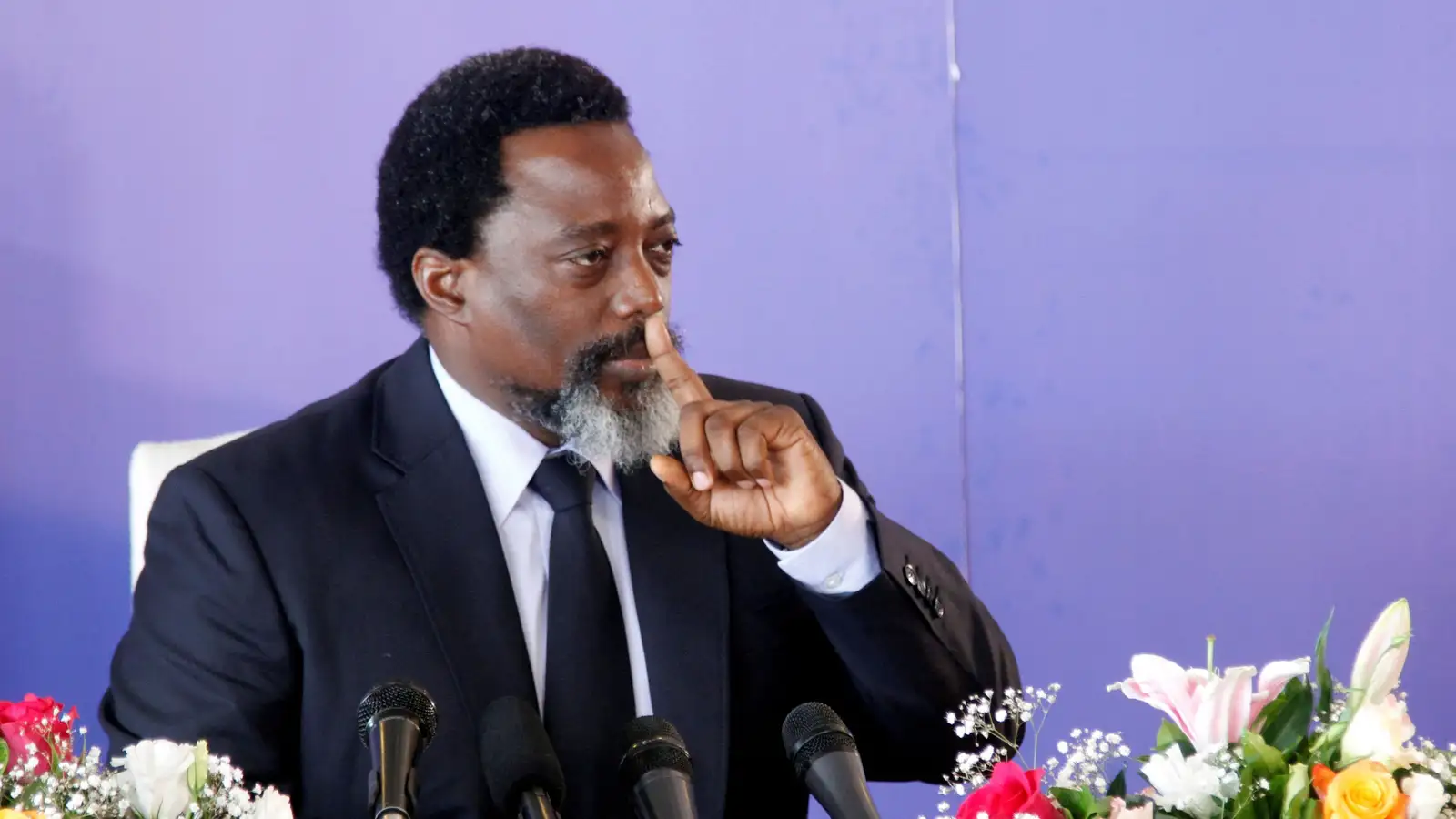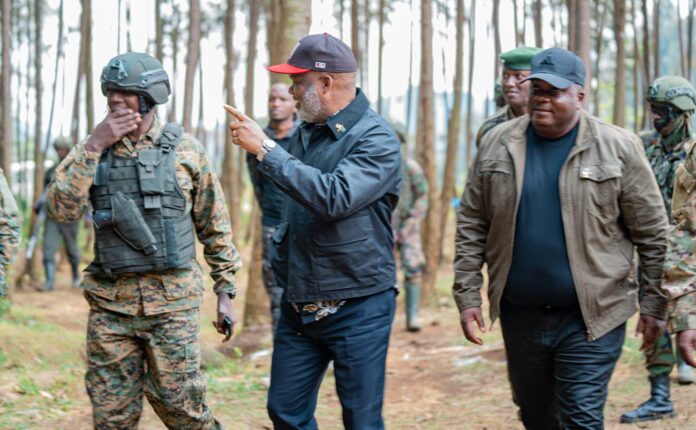Amid the hills and mist-covered terrain of Goma, the capital of North Kivu Province in the Democratic Republic of Congo (DRC), a quiet urgency persists. The region, long plagued by cycles of violence, displacement, and political instability, remains a flashpoint of global concern. During a recent visit to Goma, I had the opportunity to sit down with the Vice-Governor of North Kivu, Manzi Willy, alongside other regional leaders and civil society representatives. The conversations were profound and chilling.
Note: Company, Blog, Church websites are free.
Vice-Governor Manzi spoke with conviction and clarity about the ongoing and targeted violence against the Tutsi population in eastern Congo, describing it as part of a pattern of genocidal acts that have been overlooked or underreported by much of the world. “What is happening here is not just war. It is systematic. It is planned. It is a genocide in the making,” he said, his voice calm but resolute.
His assertions are echoed by the United Nations’ Special Advisor on the Prevention of Genocide, who has in recent reports acknowledged the presence of alarming signs of genocide specifically directed at the Congolese Tutsi community. Massacres, hate speech, displacement campaigns, and targeted killings have been documented, revealing a deeply rooted ethnic animosity that is tearing through the social fabric of the region.
Amid this turmoil, one group has emerged as both a source of controversy and a proclaimed force for protection: the March 23 Movement, better known as M23.
Vice-Governor Manzi offered a perspective that contrasts sharply with the dominant narrative surrounding M23. Often labeled as a rebel militia or foreign-backed insurgency, M23, he explained, sees itself as a Congolese movement born from the need to protect civilians especially those who have been abandoned or persecuted by the state.
“M23 is more than an armed group, “Vice- Governor Manzi said. “It is a movement of men and women Congolese citizens who have come together to stop the killings, to defend those whose voices have been silenced, and to bring about a true peace that includes everyone.”
According to the governor, M23’s core objectives are threefold: to end the ongoing genocidal actions against the Tutsi population and other targeted communities; to uphold the human rights of all civilians in the region; and to help re-establish peace, security, and the rule of law in eastern Congo.
He was keen to stress that the movement is far from being mono-ethnic. “There are Hutu in M23. There are people from all corners of our country. It is an inclusive Congolese initiative, not a foreign plot. This is something that many do not understand, or choose not to see.”
The reality on the ground supports the governor’s grave concerns. Since late 2022, violence has escalated significantly in North Kivu and neighboring provinces. Dozens of villages have been razed. Reports of mass graves, disappearances, and brutal killings have emerged with disturbing regularity. Hundreds of thousands have been forced to flee their homes, often ending up in overcrowded camps with little access to food, water, or medical care.
Despite these atrocities, global attention remains largely fixated on broader geopolitical narratives regional rivalries, international mining interests, and the question of Rwanda’s involvement in the conflict. While these issues are important, Vice -Governor Manzi argues that they have distracted from the immediate humanitarian emergency and the need for justice.
“I am not here to defend any one group,” he said. “But I must defend my people all my people. If we ignore the truth, if we allow hate to flourish unchecked, we are all responsible for what follows.”
He urged the international community to move beyond simplistic labels and to listen more closely to voices on the ground. “We need engagement, not condemnation from afar. We need honest brokers who care about human life, not just about strategic interests.”
His call is a plea for recognition, but also for partnership. With thousands of lives hanging in the balance and an entire region at risk of falling deeper into chaos, the time for action, he insists, is now.
As we left the meeting room in Goma, the governor’s words stayed with me. In a place where the air itself seems heavy with unspoken grief, the call for justice real justice rings louder than ever. Whether the world will listen remains to be seen.



